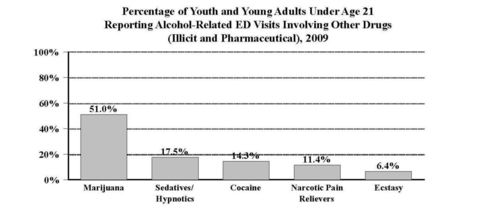Via the National Cannabis Prevention and Information Centre:
As reported by a number of media outlets this morning, researchers from the National Cannabis Prevention and Information Centre (NCPIC) are currently leading a study to determine whether the pharmaceutical drug Sativex can help people better manage cannabis withdrawal symptoms as a platform for ongoing abstinence.
For a copy of the official press release and further information on the trial, please go to the NCPIC website.
What is Sativex?
· SATIVEX® is a treatment for the symptomatic relief of neuropathic pain in multiple sclerosis in adults, and has been approved for use in Canada, Spain and the UK
· SATIVEX® is a buccal (mouth) spray which contains the cannabis extracts delta-9-tetrahydrocannabinol (THC) and cannabidiol (CBD)
· THC is the substance primarily responsible for the psychoactive effects of cannabis, however, the spray administers the substance at doses below the level of intoxicationDouble blind, randomised, placebo controlled trial of SATIVEX® for the management of cannabis withdrawal
· The primary objective of the study is to examine the safety and efficacy of SATIVEX® in the inpatient management of cannabis withdrawal, in a double blind, randomised trial compared to placebo
· The study, funded by National Health and Medical Research Council, is currently recruiting participants over the age of 18 years, who are regular cannabis users with the desire to quit (but have tried and failed in the past), and who are willing to commit to an 8-day stay in hospital. People who are interested in taking part in the study should contact Dr David Allsop on (02) 9385 0448 during office hours, or email: cannabiswithdrawal@unsw.edu.au









